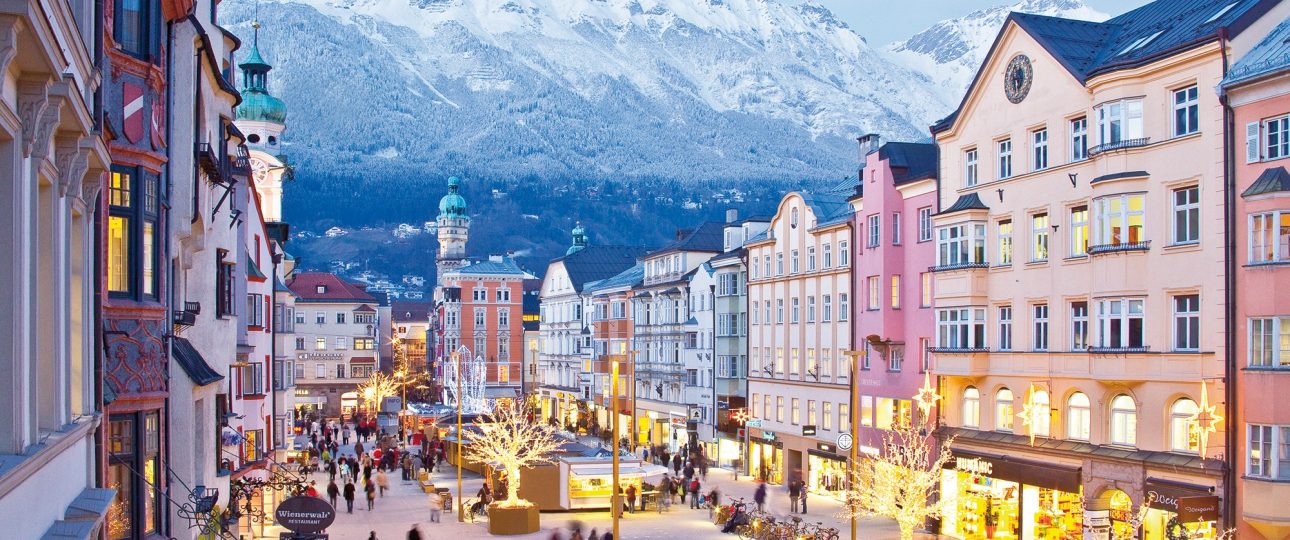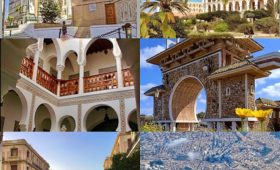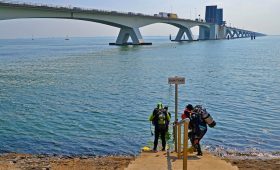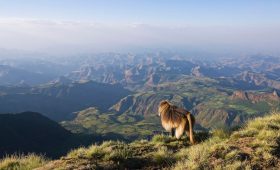Innsbruck is the capital of Tyrol and the fifth-largest city in Austria. Nestled on the River Inn, where it meets the Wipp Valley, Innsbruck serves as a gateway to the Brenner Pass, just 30 km (19 mi) to the south. As of 2018, the city had a population of approximately 132,493. Its name, meaning “bridge over the Inn,” reflects its historical significance as a crossing point in the Alps.
The Allure of Innsbruck
Innsbruck’s location amidst the Alps offers stunning mountain vistas that envelop the city. The old town is a harmonious blend of medieval and modern architecture, with narrow streets lined with traditional buildings, cafes, and shops. The city became the capital of Tyrol in 1429 and rose to prominence in the 15th century when Emperor Maximilian I moved the imperial court here. This historical significance is evident in the well-preserved buildings and vibrant cultural scene.
Exploring Innsbruck
Best Time to Visit
Innsbruck caters to diverse interests throughout the year. Winter, from December to March, is perfect for skiing and snowboarding, with the city having hosted the Winter Olympics in 1964 and 1976. Summer, from June to September, offers hiking and mountain biking opportunities. Spring and autumn provide milder weather and fewer tourists, making it a pleasant time to explore the city.
Getting There
Innsbruck is accessible by air, train, and car. Innsbruck Airport connects with major European cities, including Vienna, Frankfurt, and London. The city’s central location in Europe makes it reachable by train from various destinations. Driving offers a scenic route through the Alps, with breathtaking views along the way.
Getting Around
Innsbruck’s compact city center is easy to explore on foot. The efficient public transport system, including trams and buses, simplifies navigation. The Innsbruck Card offers unlimited travel on public transport and free entry to many attractions, making it a convenient option for visitors.
Notable Attractions
Innsbruck is rich in attractions that highlight its history and culture. Here are some key sites to consider:
1. The Golden Roof
The Golden Roof is a prominent landmark in Innsbruck. Built in the 15th century, this balcony is adorned with over 2,600 gilded copper tiles. It was originally constructed for Emperor Maximilian I as a royal box to observe events in the square below. Today, it stands as a testament to the city’s historical significance.
2. Bergisel Ski Jump
The Bergisel Ski Jump is an architectural marvel offering panoramic views of Innsbruck and the surrounding mountains. Visitors can ascend to the top of the ski jump tower for breathtaking vistas. The site also includes a museum detailing the history of skiing in the region.
3. Ambras Castle
Ambras Castle, located on the outskirts of Innsbruck, is a Renaissance treasure. It houses an impressive collection of art, armor, and curiosities. The Spanish Hall, with its intricate frescoes, is a highlight and hosts regular classical music concerts.
4. Swarovski Crystal Worlds
Just outside Innsbruck, Swarovski Crystal Worlds offers a unique experience. This multimedia art museum showcases the brilliance of crystal through enchanting installations. It’s a captivating destination for those interested in art and design.
5. Nordkette
For a quick escape to the mountains, take the Nordkette funicular, which operates on three levels. Each stop offers stunning views and fresh alpine air. While you’re up there, visit the Alpine Zoo, home to regional wildlife. The journey is particularly enjoyable in clear weather, and the Innsbruck Card covers the cost, making it an affordable adventure. However, avoid visiting on foggy or cloudy days, as the views are the main attraction.
Practical Tips
- Innsbruck’s climate is continental, with cold, snowy winters and warm, wet summers. Be prepared for variable weather, especially in summer.
- The city is eco-friendly, with a good public transport system and car restrictions in certain areas of the old town.
- Innsbruck’s vibrant nightlife is fueled by its large student population, thanks to its universities and colleges.




